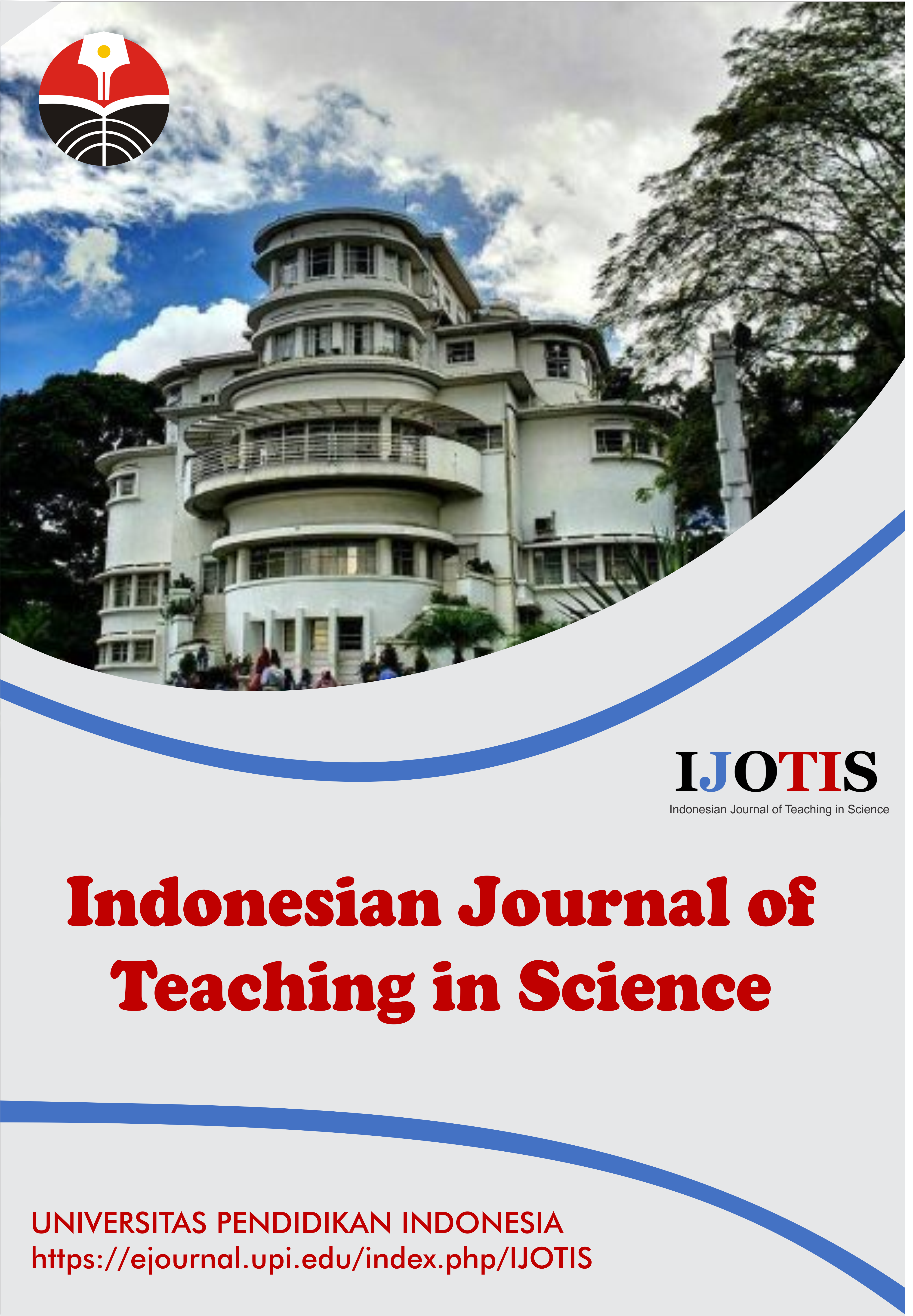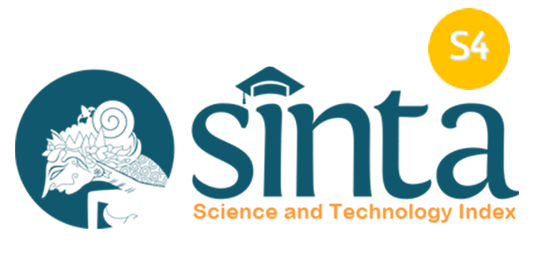Application of Online Learning during the Covid-19 Pandemic through Zoom Meeting at Elementary School
Abstract
The Covid-19 disease is not an epidemic that can be ignored, the development of the transmission of this virus is quite significant because its spread is global and all countries are feeling the impact, including Indonesia. The impact of Covid-19 has a very strong impact on education, therefore in the education sector, the government through the Ministry of Education and Culture has implemented a learning from home policy. Online learning is a solution to the implementation of online learning, but we already know that online learning is not as easy as learning as usual or offline learning. In this article, we will discuss online learning using Zoom Meeting. The research method used is a qualitative method with a phenomenological approach and conducting observations and interviews. The obstacles faced are electronic media and internet quotas for online learning. Not all students are equal in terms of economics, which is the only problem.
Keywords
Full Text:
PDFReferences
Agustika, G. N. S. (2020). Dramatik pembelajaran daring pada masa pandemi COVID-19. MIMBAR PGSD Undiksha, 8(3), 516-526.
Al Farizi, M. F. (2019). Analysis of Indonesian Language learning obstacles in primary schools. International Journal of Educational Methodology, 5(4), 663-669.
Anggraeni, S., Maulidina, A., Dewi, M. W., Rahmadianti, S., Rizky, Y. P. C., Arinalhaq, Z. F., and Al-Obaidi, A. S. M. (2020). The deployment of drones in sending drugs and patient blood samples COVID-19. Indonesian Journal of Science and Technology, 5(2), 193-200.
Anshari, M., Alas, Y., Sabtu, N. P. H., and Hamid, M. S. A. (2016). Online learning: Trends, issues and challenges in the big data era. Journal of e-Learning and Knowledge Society, 12(1), 121-134.
Dirgantari, P. D., Hidayat, Y. M., Mahphoth, M. H., and Nugraheni, R. (2020). Level of use and satisfaction of e-commerce customers in covid-19 pandemic period: An information system success model (ISSM) approach. Indonesian Journal of Science and Technology, 5(2), 261-270.
Hamidah, I., Sriyono, S., and Hudha, M. N. (2020). A Bibliometric analysis of Covid-19 research using VOSviewer. Indonesian Journal of Science and Technology, 5(2), 209-216.
Handayani, D. (2020). The Effect of whatsapp application assisted pjbl model and zoom meeting on learning outcomes of capita selecta. International Journal of Chemistry Education Research, 4(2), 46-52.
Hasanah, L., Hakim, W. L., Aminudin, A., Sahari, S. K., and Mulyanti, B. (2020). A design and performance analysis of a telemetry system for remote monitoring of turbidity of water during the covid-19 pandemic. Indonesian Journal of Science and Technology, 5(2), 299-307.
Hashim, S., Masek, A., Abdullah, N. S., Paimin, A. N., and Muda, W. H. N. W. (2020). Students’ intention to share information via social media: A case study of COVID-19 pandemic. Indonesian Journal of Science and Technology, 5(2), 236-245.
Herring, S. C. (2004). Computer-mediated discourse analysis: An approach to researching online behaviour. Designing for virtual communities in the service of learning, 338, 376.
Irfan, M., and Ariandi, A. (2021). Analisis penggunaan aplikasi daring oleh dosen program studi Pendidikan Biologi Universitas Sulawesi barat selama pandemi COVID-19. Jurnal Ilmu Pendidikan (JIP) STKIP Kusuma Negara Jakarta, 12(2), 139-144.
Kolb, D. A. (1976). Management and the learning process. California management review, 18(3), 21-31.
Machmud, A., and Minghat, A. D. B. (2020). The price dynamics of hand sanitizers for COVID-19 in Indonesia: Exponential and cobweb forms. Indonesian Journal of Science and Technology, 5(2), 176-184.
Mulyanti, B., Purnama, W., and Pawinanto, R. E. (2020). Distance learning in vocational high schools during the covid-19 pandemic in West Java province, Indonesia. Indonesian Journal of Science and Technology, 5(2), 271-282.
Putra, Z. A., and Abidin, S. A. Z. (2020). Application of SEIR model in COVID-19 and the effect of lockdown on reducing the number of active cases. Indonesian Journal of Science and Technology, 5(2), 185-192.
Razon, B. C. (2020). COVID 19: Impetus for “Community Spirits” among Filipinos. Indonesian Journal of Science and Technology, 5(2), 201-208.
Sangsawang, T. (2020) An instructional design for online learning in vocational education according to a self-regulated learning framework for problem solving during the COVID-19 crisis. Indonesian Journal of Science and Technology, 5(2), 283-198.
Serhan, D. (2020). Transitioning from face-to-face to remote learning: Students' attitudes and perceptions of using Zoom during COVID-19 pandemic. International Journal of Technology in Education and Science, 4(4), 335-342.
DOI: https://doi.org/10.17509/ijotis.v1i1.33534
Refbacks
- There are currently no refbacks.
Copyright (c) 2021 Universitas Pendidikan Indonesia

This work is licensed under a Creative Commons Attribution-ShareAlike 4.0 International License.
Indonesian Journal of Teaching in Science (IJoTIS) is published by Universitas Pendidikan Indonesia (UPI)
 Indonesian Journal of Teaching in Science
Indonesian Journal of Teaching in Science



